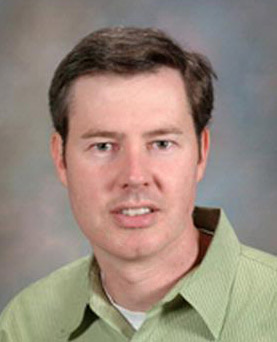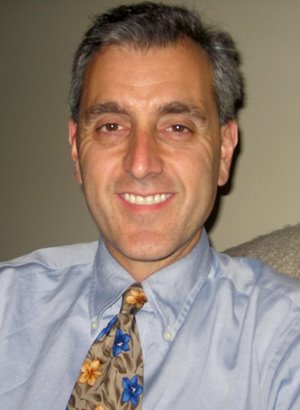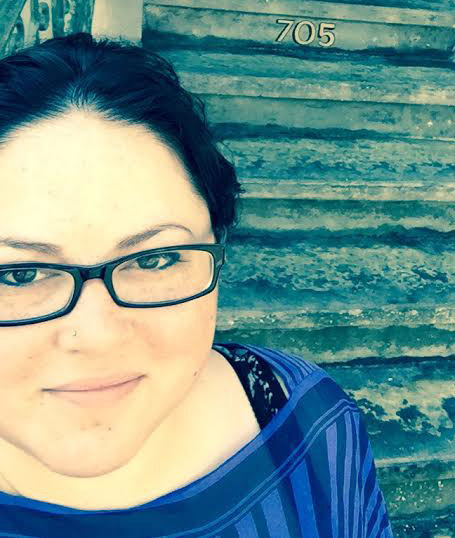Libby New Co-Director of Pathology Ph.D. Program at UR
Dr. Rick Libby is the new co-director of the Pathology Ph.D. program. Libby is co-director with Dr. Lianping Xing and will replace former co-chair, Dr. Robert Mooney, who will transition to part-time on Jan. 1, 2017.
Hospital Shows Appreciation to Pathology Staff
Hundreds of employees from the URMC Department of Pathology and Laboratory Medicine attended a staff appreciation event presented by Strong Memorial Hospital leadership on Tuesday, Sept. 20.
Alum Blood Banker, Dr. Triulzi, a Leader in Transfusion Safety
Dr. Darrell Triulzi, M.D., gets excited when thinking about the direct impact his work has on patients.The former URMC Pathology resident (1986-1990) currently serves as the director of Transfusion Medicine at the University of Pittsburgh Medical Center Department of Pathology and medical director of the Institute for Transfusion Medicine.
Alumni Spotlight: Forensic Pathologist, Dr. Lorraine Lopez-Morell
Former Pathology resident, Dr. Lorraine Lopez-Morell, is achieving her dream of being a forensic pathologist right in Rochester.




